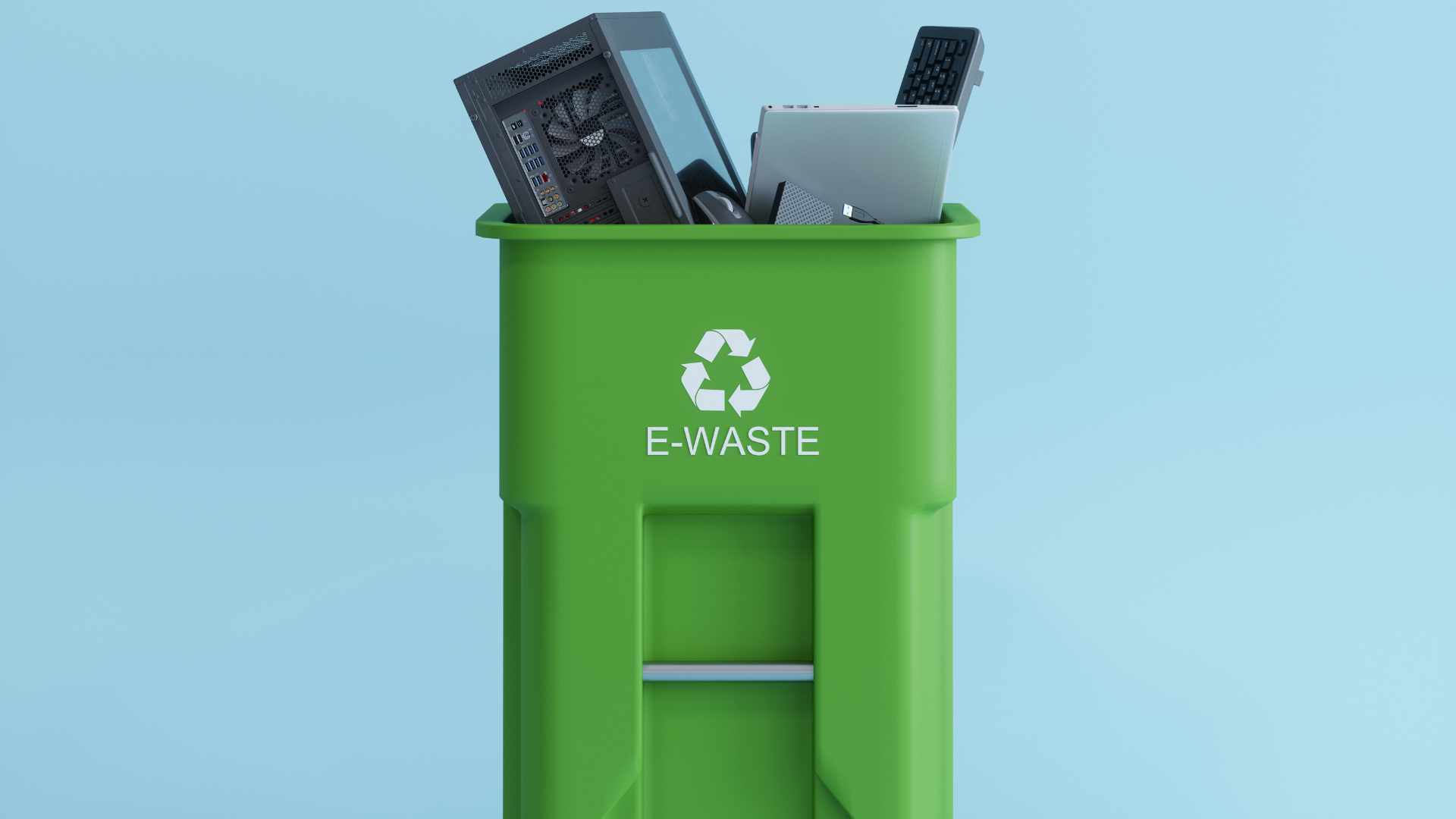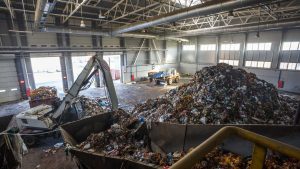![]()
Electronic waste, commonly known as e-waste, has become a significant environmental challenge in the modern era. The rapid pace of technological developments has led to a surge in the production and disposal of electronic devices, contributing to environmental pollution and resource depletion. In response to this escalating issue, Extended Producer Responsibility (EPR) has emerged as a key strategy to address the environmental impact of electronic products throughout their lifecycle. As we delve into the realm of e-waste management, it is essential to examine the current state of EPR and explore the potential challenges that lie ahead.
Understanding Extended Producer Responsibility or EPR
EPR is a policy that puts the responsibility for the complete lifecycle of a product on the producer. In the context of e-waste, this means that electronic manufacturers are accountable for the proper disposal and recycling of their products. By implementing EPR programs, governments seek to internalise the environmental costs associated with electronic products, encouraging manufacturers to adopt sustainable and eco-friendly practices.
Current State of EPR in E-waste Management
Several countries have recognised the importance of EPR in mitigating the adverse effects of e-waste. For instance, Europe has pioneered EPR regulations through directives such as the Waste Electrical and Electronic Equipment (WEEE) Directive. These regulations require producers to take responsibility for the recycling, collection and safe disposal of electronic products.
Similarly, other regions, including North America and Asia, have made strides in adopting EPR principles for e-waste management. Many countries now mandate manufacturers establish take-back programs, allowing consumers to return old electronic devices for proper disposal and recycling.
Challenges on the Horizon
While EPR has proven to be a crucial tool in managing e-waste, future challenges must be anticipated and addressed to ensure its effectiveness:
Global Standardisation:
Achieving a globally standardised approach to EPR remains a significant challenge. With electronic products being manufactured and consumed on a global scale, disparities in EPR regulations across countries can create loopholes for irresponsible disposal practices. Collaborative efforts are needed to establish a unified framework that holds producers accountable on an international level.
Technological Advances:
The rapid pace of technological innovation poses a challenge to e-waste management. As new electronic devices are introduced, older models become obsolete, leading to an increased volume of discarded products. EPR programs must evolve to keep pace with technological advancements, ensuring that the disposal and recycling infrastructure can handle the diverse range of electronic components.
Informal Recycling Practices:
In many regions, informal recycling practices, often involving unsafe methods and the exploitation of labour, persist. To address this challenge, EPR programs must not only focus on proper disposal but also promote ethical recycling practices. Creating awareness and incentivising responsible recycling methods are essential components of this effort.
Consumer Awareness:
Effective e-waste management relies on the active participation of consumers. Many users remain unaware of the environmental impact of improper disposal of electronic devices. EPR programs should invest in educational campaigns to create awareness about the significance of recycling and the available avenues for responsible disposal.
Circular Economy Integration:
Shifting towards a circular economy, where products are designed for durability, repairability, and recyclability, is integral to sustainable e-waste management. EPR programs must work in tandem with manufacturers to incentivise the production of environmentally friendly products and discourage the use of materials that are challenging to recycle.
Anticipating Solutions:
Tackling these challenges requires a holistic approach that involves collaboration between governments, manufacturers, consumers, and environmental organisations. Some potential solutions include:
- International Collaboration: Facilitating collaboration between countries to establish common EPR standards and practices will help create a more cohesive and effective global approach to e-waste management.
- Innovation and Research: Investing in research and innovation to develop advanced recycling technologies and methods is crucial. This includes exploring techniques for the safe extraction of valuable materials from electronic waste and finding sustainable alternatives for hazardous components.
- Regulatory Updates: Regularly reviewing and updating EPR regulations to align with technological advancements and environmental priorities will guarantee that the policies stay relevant and effective in tackling emerging challenges.
- Industry Engagement: Engaging with electronic manufacturers to promote eco-friendly product design and sustainable manufacturing practices will contribute to reducing the environmental impact of electronic devices.
- Community Outreach: Conducting outreach programs to educate consumers about the importance of responsible e-waste disposal and the availability of collection points for recycling will enhance the success of EPR initiatives.
Conclusion
In conclusion, while EPR has significantly addressed e-waste management, the challenges ahead demand proactive and collaborative solutions. By anticipating and tackling these challenges head-on, we can pave the way for a more sustainable and environmentally conscious approach to electronic product lifecycle management. As electronic technologies continue to evolve, so must our strategies for managing the environmental repercussions of our digital age.





